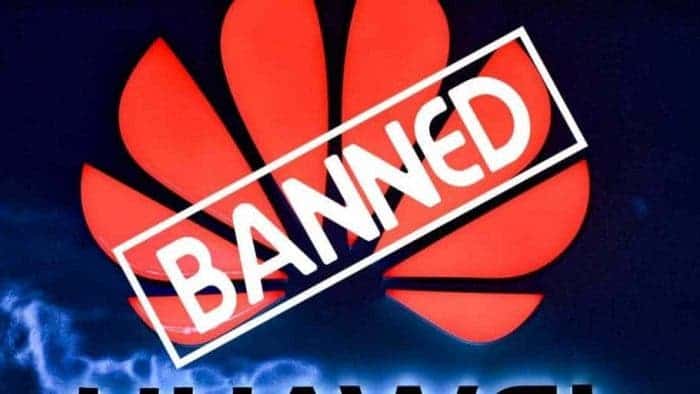Chinese manufacturing giant, Huawei, has been at the hub of several controversies for some time. Many thanks to the U.S. government, the company is now struggling to salvage its smartphone business. However, with many companies now getting licenses to supply Huawei, it appears that there is some hope.

Huawei Ban – How it all started
It all started with the U.S. government saying that Huawei’s 5G is not safe. It also claims that Huawei has serious ties with the Chinese government. Although Huawei has since denied these claims, the U.S. government still dropped the hammer on Huawei.
First Ban
Early last year, the U.S. government banned Huawei from doing business with American companies. This means that American companies can not do business with Huawei without a special license. Apparently, Huawei does business only with a hand full of companies and they all have alternatives. Huawei smartphones can not use GMS and this is the worse effect of the ban. In response, Huawei launched Harmony OS (Hongmeng OS) and HMS (Huawei Mobile Services). Although the ban affected Huawei’s smartphone business in Europe, its finances were still stable. In fact, Huawei became the largest smartphone maker globally with the ban in place.
Second Ban
Not satisfied with the impact of the ban on Huawei, the U.S. modified the ban. This time, it made sure that any company that uses American technology can not work for Huawei. This means that it will affect even non-American companies. Due to this ban, Huawei can no longer produce its flagship Kirin chips. Huawei only designs Kirin chips, it does manufacture the chip. Kirin chip manufacturing is handled by TSMC. The Taiwanese chipmaker uses a lot of American technology. This means that it can no longer work for Huawei.
Chip makers with licenses to supply Huawei
Since the ban effectively took effect on September 15th, many companies have applied to the U.S. Department of Commerce for permission to supply Huawei. Here are the top five companies with a license to supply Huawei
1. AMD
AMD was one of the first companies to get a license to supply Huawei. Just a few days after the Huawei ban took effect, there were reports that this company already has a license. On September 19, five days after the new US ban on Huawei began, there were a number of reports on AMD’s license.
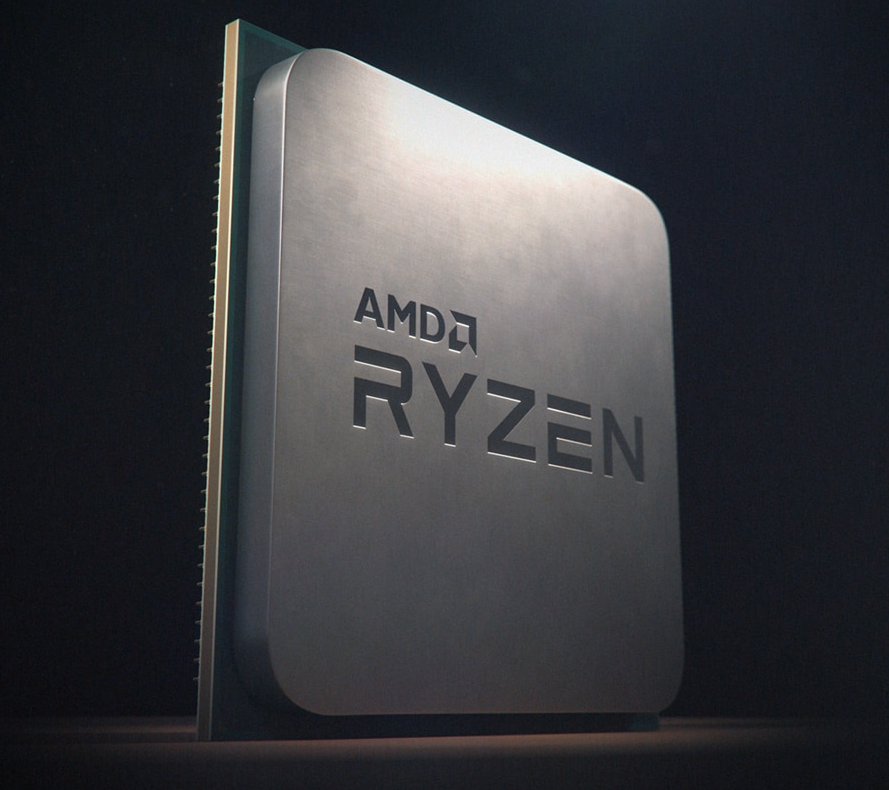
Huawei’s partnership with AMD has been successful for many months now. According to the transcript of a conference between Ross Seymore and Forrest Norrod, the VP of AMD confirmed that the company has obtained a license to supply Huawei. To this end, the Huawei ban will not have a significant effect on AMD’s business. So far, we do not know if any restrictions come with the license.
According to reports, AMD did not get a license to supply just Huawei. Its license covers a host of Chinese manufacturers that are on the entity list. However, the company did not reveal the companies that it is allowed to supply.
2. Intel
Chinese sources familiar with the matter said that Intel has received a license from the US to continue doing business with Huawei. This means the Chinese giant will be able to order chips from Intel for its hardware. Huawei mostly uses Intel solutions for its laptop business. Thus, this license will not make any impact on its dwindling smartphone business.

3. TSMC
This Taiwanese chip maker is probably the most important company that Huawei needs to salvage its smartphone business. TSMC has since applied to the U.S. government for permission to continue to supply Huawei. According to a recent reports, TSMC recently got the nod to do business with Huawei. However, the approval restricts the business to “mature technology” only. This suggests that the license obtained by TSMC mainly covers products manufactured with mature technology.
The report does not specifically mention SoCs for mobile phones. Furthermore, the report did not also state what it means by “mature technology”. However, it is generally accepted that products above the 28nm node are mature. The likes of 16nm, 10nm, 7nm, and the latest 5nm processes are advanced processes.
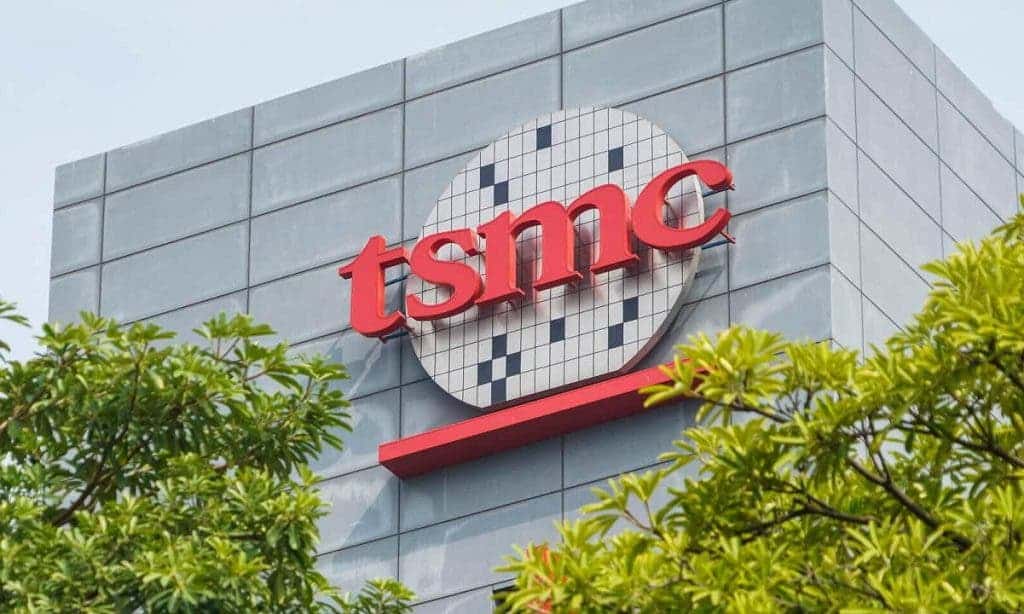
Even so, according to current standards, Huawei’s consumer terminal business will still face the problem of core shortage. This is because mobile phone chips require high technology not just mature technology. Huawei’s Kirin 9000 uses TSMC’s 5nm process, which is currently the most advanced process. If this report is true, then TSMC can only make entry-level chips for Huawei. This will not have any significant positive effect on Huawei’s smartphone business.
4. Sony
According to reports, Japanese manufacturing giant, Sony also has a license to supply Huawei. The transactions between Huawei and Sony is in the camera department. Sony is one of the best camera sensor makers in the world. Many Huawei smartphones make use of Sony sensors. The ban affects Sony because some of the equipment used for making the sensors are American. Currently, Huawei is one of Sony’s largest customers of smartphone image sensors. If it cannot continue to supply Huawei, Sony’s profits will be at risk.
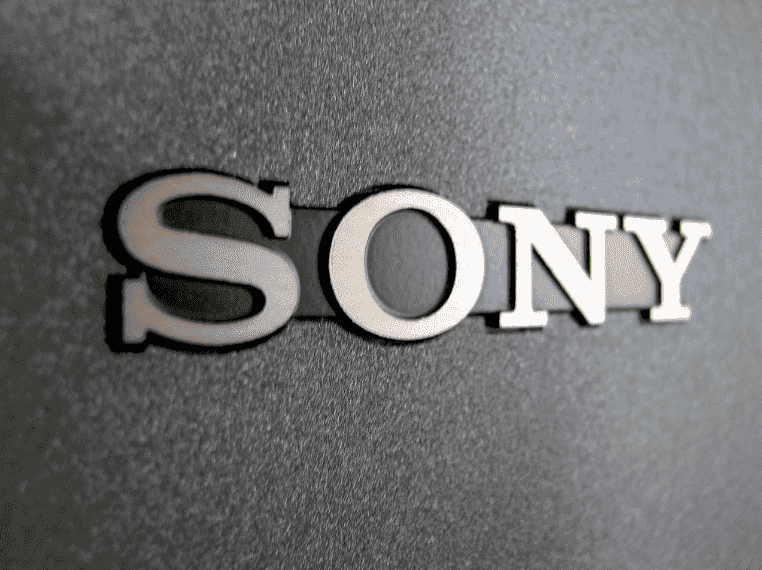
5. Howe Technology (OmniVision)
Furthermore, Omnivision has also obtained permission from the U.S. government to resume part of their supply to Huawei. Sony and Howe Technology are the world’s leading providers of camera imaging sensors. OmniVision is one of the few chip makers that can supply Huawei presently.
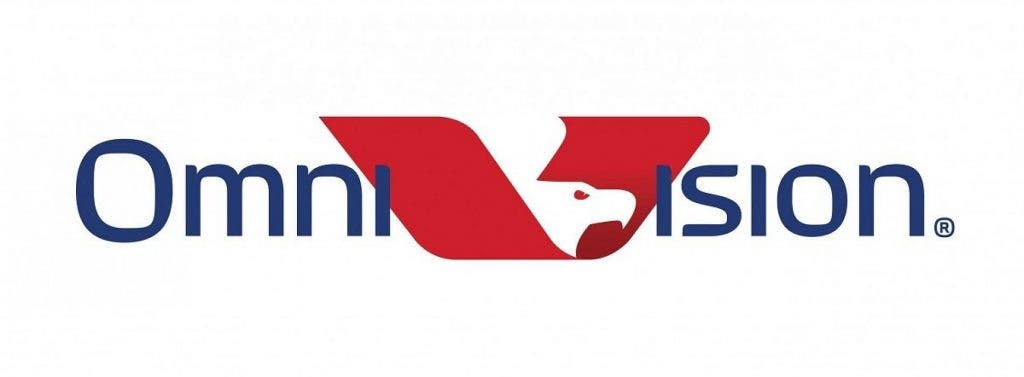
Samsung – Extra
This company is designated as “extra” because the company’s license is not to supply chips to Huawei. Samsung Display recently a license from the US Department of Commerce to supply OLED panels to Huawei. According to Nikkei Asia Review, Samsung Electronics has revealed that semiconductor chips for panel drivers have not yet been approved. At present, only the panel part is approved by the US government. This means that while it can supply the display panel, this does not include the chip.
The OLED display comes with organic light-emitting diodes. OLED panels include panel devices and “controller IC” chips. We do not know if Huawei can get the Samsung panel to work without the chip.
Conclusion
Huawei is a technology giant worldwide and there are only a few chip makers that can supply Huawei presently. All these manufacturers need Huawei’s business to get more profit. For most of these companies, Huawei is among their top three most valuable customer. No establishment will want to lose its top consumer. The likes of Qualcomm, MediaTek, SK Hynix, and others have also applied for the license.
There are speculations the U.S. will only grant requests for a license to supply Huawei if the company can demonstrate that its technology does not support 5G. This means that there is a chance for Huawei to deal with chipmakers. However, there is one rule for all to follow. Chipmakers will not be able to deal with 5G equipment.
Follow Gizchina.com on Google News for news and updates in the technology sector.

